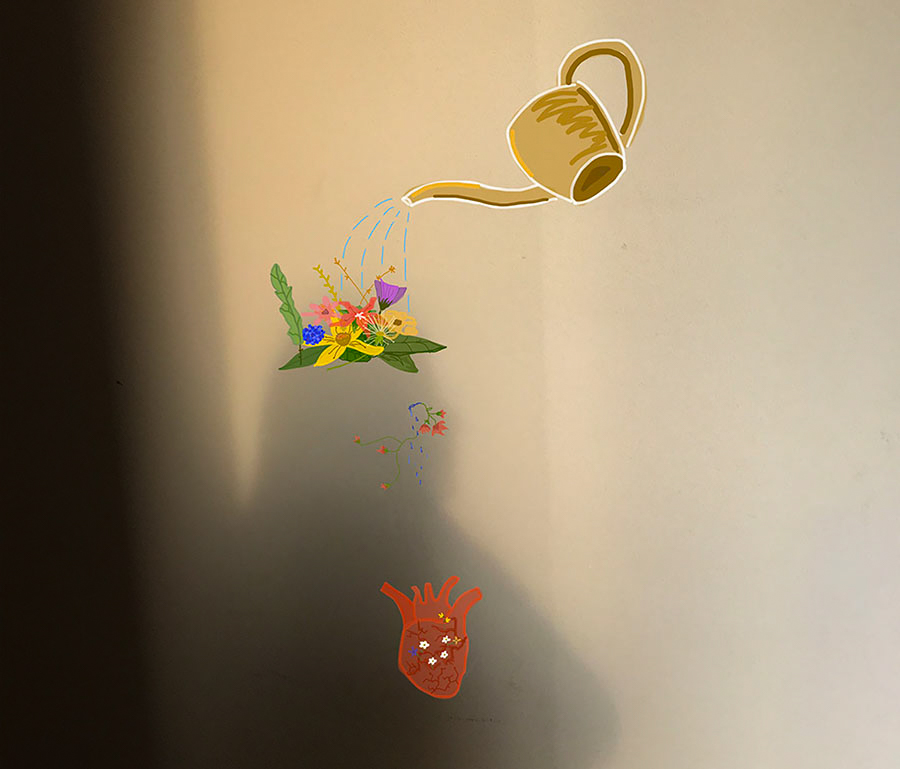Perspective: It’s Okay to Not Love Yourself
Is self-love culture doing more harm than good?
Self-love is a concept that’s become increasingly popular in recent years. It’s an attractive idea—once you love yourself, you’ll be happier, more confident and better equipped to love others. But popularity comes with the risk of being reduced to a trend, and at times “love yourself” feels more like a pointless platitude than a motivational phrase.
The problem isn’t with the idea itself, but with how people interpret and apply it. In an attempt to boost self-esteem, they try to view every part of themselves as beautiful, even the flaws and insecurities. On the surface, it’s a harmless intention. But sweeping the negative under the rug to cover it with the positive isn’t a healthy or sustainable solution.
There are aspects of myself that I dislike and wish I could change. When I express this to my friends, their first response is to validate and reassure me that I’m fine just the way I am. Yet these attempts to comfort me are only temporary, and even worse, completely neglect to address the root of my self-criticism.
Combating insecurity with self-admiration only creates an environment where flaws feel unacceptable and out of place. But insecurities and flaws are normal, and it’s okay if we’re unable to love ourselves as completely as we want.
After all, being human isn’t necessarily about loving every single part of yourself, but rather accepting yourself even with your flaws. There’s no need to force yourself to love what you don’t like—all that does is create pent up frustration and perpetuate a cycle of fluctuating self-esteem.
Self-love isn’t some enlightened destination or state of being, where all self-esteem issues will be cured and confidence restored permanently. On the contrary, it’s a journey, one that isn’t easy or quick. For some, that journey may be lifelong.
Being comfortable in your own skin doesn’t equate to unshakeable self-confidence or a complete lack of insecurity. Sometimes loving yourself comes in the form of letting yourself live, laugh and hurt without dictating how you should feel. Instead of striving for stagnant perfection, perhaps we should be striving for wholeness, one that grows and matures.
It’s a messy process, but little by little, we can learn to be okay with who we are and what we have. It’s okay not to love yourself in the way you think you should. You don’t need to in order to be whole.











![Polynesian Club Performs at the Cultural Celebration Assembly
[Photo Courtesy of Savannah Earley]](https://cmagazine.org/wp-content/uploads/2025/04/PNG-image-600x535.jpeg)